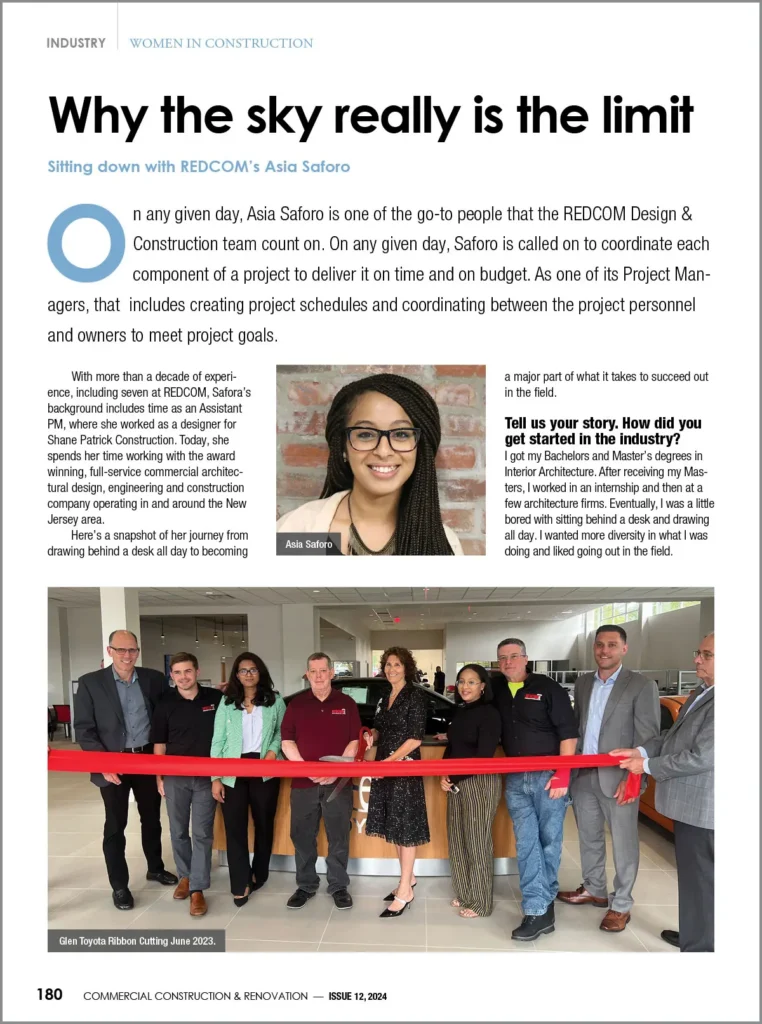Getting a solar energy system for a commercial building is a tremendous investment. It’s not a secret that a massive decision can temporarily cripple a company, so you shouldn’t just carelessly go through it blind. Besides, with the promises of the benefits it can bring to a business, it’s a risk most will take.
However, it’s still a good idea to know the top considerations before installing those solar panels in your commercial building. So, if you’re interested in getting to know them, continue reading.
Know The Costs
You might have already installed solar panels in your home. Hence, you might think that a solar energy system in your commercial space or business won’t cost that much. However, most contractors have different pricing for residential and commercial customers. To get a better view of how much you may pay for the service, you can visit homepage.

Additionally, you should consider how you will finance it. As a business, you have many options, most of which can be feasible for your company. You can also take advantage of power purchase agreements and commercial property assessed clean energy (C-PACE). Moreover, your state may offer incentives and rebates you may want to take advantage of.
However, it’s also essential that you should go for solar energy as fast as possible. Know that the current tax credit for going solar is slowly decreasing yearly as it’s being phased out. Possibly, in the far future, it may stay at 10%. However, there’s no guarantee of that.
Know The Location
There are two common places where solar panels are installed: your roof or on the ground. Of course, where you would get the panels installed depends on where your commercial building is located. However, panels are commonly installed on the roof as it’s typical that commercial establishments are built together or surrounded by parking lots.
If you’re left to install on your roof, you may need your building’s roof in good condition. If not, you can expect that you may need to shell out more money because you have to get your roof fixed first. If you’re unsure of your roof’s working condition, you can ask the solar contractor to inspect it first.
Likewise, note that the condition of your roof can dictate how many panels you can install in your commercial building. Suppose your roof is built from old materials. It may result in allowing the installation of only a few panels. On the other hand, if you’re currently renting, you may want to contact the lease owner to discuss how you can go through solar panel installation.
Of course, never forget the direction of your property’s roof. The direction of where your roof is facing can also affect the efficiency of your solar energy system. As much as possible, it must be facing the direction where sunlight always hits the panels. The contractor you’ll hire should inform you if they find that your roof faces a not-so-optimal direction.
Know The Restrictions And Challenges
First, ensure that the lease owner is okay with you having a solar array installed in their building. Meanwhile, if you’re the one who owns the building, be sure that your neighboring commercial spaces are okay with you setting up solar panels on your roof. Although it’s not their business, you may still want to inform them as the construction work may affect them, especially with the recent problems with pandemic resilience in workplaces.
Second, know if your location is getting enough sunlight to generate electricity. It’s common for commercial spaces to be overshadowed by tall buildings. This is a big concern as the amount of sun you’ll get will dictate when you’ll get returns from this investment.

Third, check if you can make the most of your solar panels. What does that mean? It means that you should, at the very least, stay for a few decades for the solar panels to recoup their cost. Alternatively, if you know that you’ll only be on a short-term lease on the building, ensure that someone or another company would be interested in renting that place after you’re gone.
Conclusion
If you’re still in the planning stage, think about these considerations before installing a solar energy system in your commercial building. They mostly revolve around ensuring that your facility can accommodate the panels and if you’re okay with getting your returns soon.
Furthermore, don’t hesitate to contact a solar panel contractor to have a more concrete idea of the things you need to secure before anyone can install solar panels on your commercial property.






























